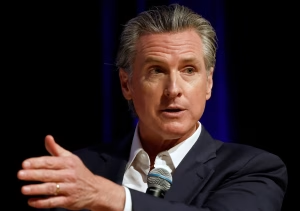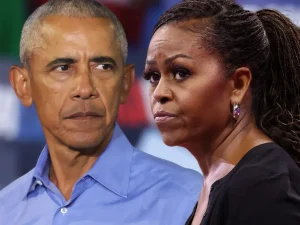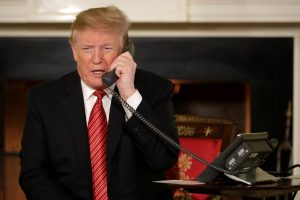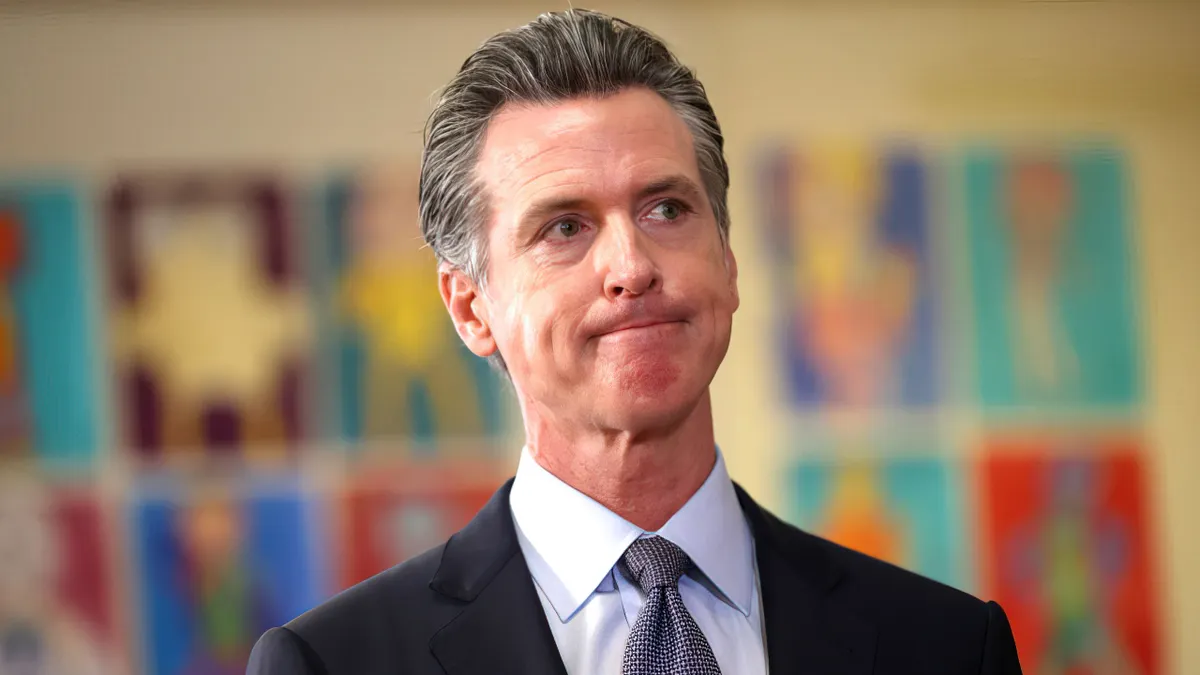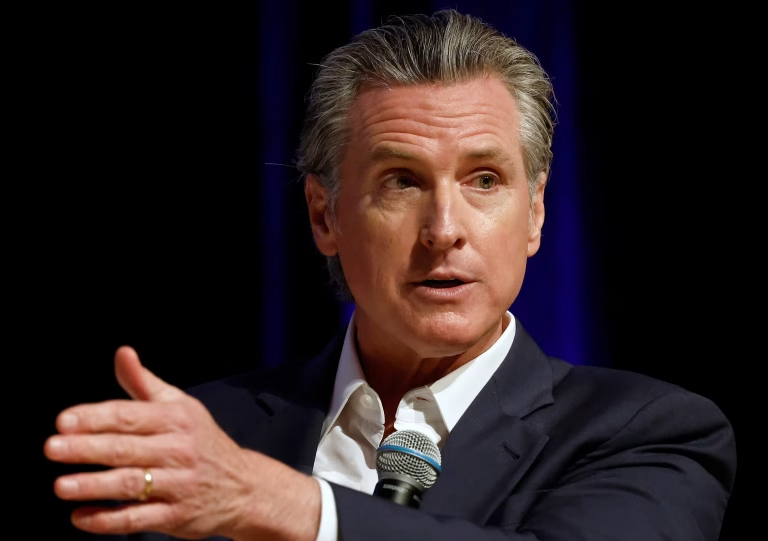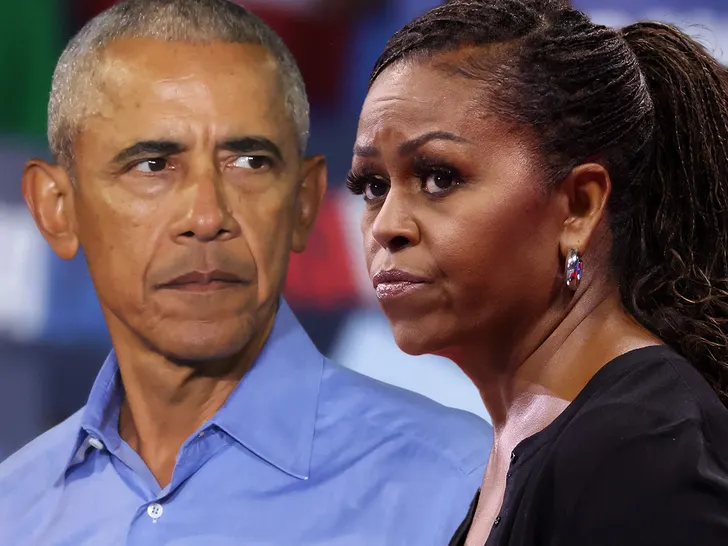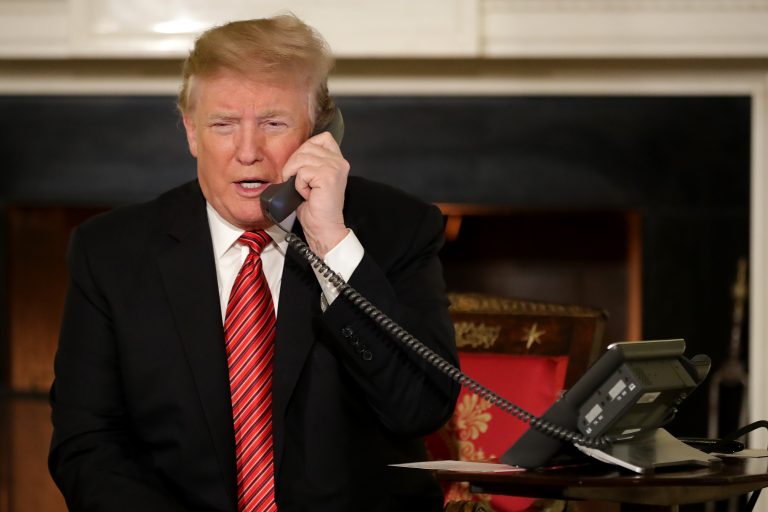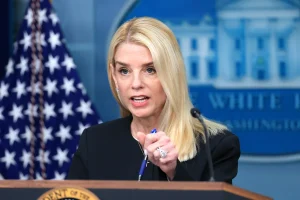California’s Political Mood Turns Wary Ahead of 2028
California once again finds itself at the center of a national debate — this time not over wildfires, water restrictions, or energy mandates, but over whether Governor Gavin Newsom should take his ambitions beyond Sacramento.
A new statewide survey indicates that while Democrats remain largely supportive of the idea of a Newsom presidential bid, that enthusiasm stops sharply at the party line.
Among all California voters, a majority — 52 percent — say they do not want Newsom to run for president in 2028, according to a new CBS News poll.
The results highlight a widening divide between Democratic insiders, who view Newsom as one of their party’s most viable national figures, and everyday voters, who appear increasingly skeptical about sending him to Washington.
Home-State Skepticism Clouds National Ambitions
Political analysts often note that how a candidate is viewed in their own state can offer early clues about their national electability. For Newsom, the message from home may be more complicated than expected.
While his approval rating as governor remains slightly positive, those numbers do not translate into support for a presidential campaign. In fact, more Californians say they approve of his performance as governor than say they want him in the White House — suggesting that even his supporters may prefer he stay focused on state matters.
Pollsters found that most respondents believe Newsom spends time addressing both state and national issues, but fewer feel he’s paying enough attention to local, everyday concerns such as housing affordability, energy costs, and crime.
https://x.com/CBSNewsPoll/status/1981441767472857329
Harris Draws Even Less Enthusiasm
The same survey found that Vice President Kamala Harris, another California Democrat, faces even steeper challenges at home.
Fewer than one-third of voters statewide — and just under half of registered Democrats — believe Harris should run for president again.
Harris previously represented California in the U.S. Senate and carried the state during her 2024 presidential campaign, but her home-state base has since eroded.
Even among Democrats who approve of her performance, enthusiasm for another national run appears limited.
Independents Remain Cautious — But Open
Independent voters in California, a crucial bloc in statewide elections, expressed broad skepticism toward both Newsom and Harris.
However, independents were notably more open to a potential Newsom candidacy than to Harris, with several respondents describing the governor as “more pragmatic” or “less polarizing.”
Still, the same group cited “economic exhaustion,” “homelessness,” and “cost-of-living pressures” as reasons they doubt California’s political leadership can succeed on a national stage.
Californians Split on the State’s Direction
Beyond presidential politics, the survey asked Californians to rate their state’s performance compared to the rest of the country across several key issues.
A majority said they believe California remains a leader in technology, innovation, and cultural influence, continuing to set trends that shape the nation.
Slightly more than half also praised the state’s environmental and climate policies, describing them as forward-thinking despite their high costs.
But that optimism vanishes when the conversation turns to housing, taxes, and the economy — areas where dissatisfaction cuts across income levels and party lines.
Housing and Costs Dominate Public Frustration
The state’s affordability crisis remains the single most unifying issue among California voters.
Overwhelming majorities described the cost of living as “unmanageable” — from sky-high housing prices and utility bills to rising taxes and everyday expenses.
Even many higher-income residents, traditionally more shielded from economic pressure, told pollsters they feel “squeezed” and “trapped,” unable to upgrade housing or relocate due to costs.
Those realities could significantly shape future elections, analysts say, by pushing voters to demand tangible economic relief rather than symbolic national leadership.
The 2026 Governor’s Race Already in Motion
While 2028 remains far off, California’s next political test will come much sooner — in 2026, when the state elects its next governor.
Though the field is still forming, the poll shows voters are already weighing potential successors to Newsom.
Among Democrats, U.S. Senator Alex Padilla emerges as the most recognized name and is widely considered a likely contender, even though he has not officially declared his intentions.
Former Representative Katie Porter also remains in the mix, but the survey found that more voters are “unsure” about her than any other possible candidate.
This uncertainty underscores how fluid the race remains — and how much appetite there is for new leadership.
Widespread Political Fatigue and Disillusionment
Perhaps the most striking finding in the survey is not about any one politician, but about the mood of the electorate itself.
Roughly one-quarter of independents said they believe neither major party genuinely works to earn their votes.
Democrats scored slightly better than Republicans on that question — but performed worse when asked whether voters think they “take support for granted.”
That combination of frustration and fatigue could pose problems for any Democrat seeking to rally enthusiasm in a state where the party already dominates the legislature and most local governments.
California’s Economic Paradox: Wealth and Strain
Economically, California continues to boast one of the largest GDPs in the world, fueled by tech giants, entertainment powerhouses, and renewable energy initiatives.
Yet those strengths mask deep inequalities.
The survey found that a majority of respondents — across all income brackets — believe the state’s success has not translated into affordability or stability.
Even among Democrats who support Newsom’s environmental and social policies, many say those initiatives have failed to address the underlying cost pressures affecting working- and middle-class families.
A Governor Between Two Worlds
Newsom’s political trajectory reflects that tension.
To national Democrats, he’s a charismatic and media-savvy leader — a governor who has championed progressive causes such as climate action, reproductive rights, and gun control while clashing with conservative governors like Ron DeSantis and Greg Abbott.
But to many Californians, Newsom is seen as ambitious but distracted, more focused on national positioning than the day-to-day realities of running the world’s fifth-largest economy.
“He’s a good speaker, but we need someone who will fix California before running for anything else,” said one voter from San Diego quoted in the poll summary.
The 2028 Question: Timing and Trust
While Newsom has repeatedly dismissed talk of a 2028 presidential run, his growing national profile — including visits to red states, high-profile interviews, and clashes with conservative leaders — has fueled speculation.
Political strategists note that California’s challenges could complicate any future campaign.
“It’s hard to sell your national vision when your home state is facing affordability crises, crime concerns, and population decline,” one Democratic analyst observed.
That reality is reflected in the data: although Newsom remains popular within Democratic circles, a majority of Californians don’t yet trust his leadership to scale nationally.
A Growing Sense of Political Isolation
Perhaps most revealing is how many Californians feel disconnected from both parties.
Despite the state’s deep-blue status, respondents voiced frustration that Democrats have become too insular, while Republicans lack a meaningful presence in statewide politics.
That void, some analysts warn, could open space for outsider candidates — independents or moderates who appeal to voters exhausted by political polarization.
Even as Democrats maintain overwhelming control, the poll suggests that California’s one-party dominance may be breeding complacency, with turnout and enthusiasm risks on the horizon.
Looking Ahead: A State at a Crossroads
As 2028 approaches, California remains both a symbol of progressive governance and a case study in economic strain.
Gavin Newsom’s future ambitions — whether confined to Sacramento or aimed at the Oval Office — will depend heavily on how Californians themselves judge his record in the years ahead.
For now, the message from voters appears clear: fix home first, then think about Washington.

Emily Johnson is a critically acclaimed essayist and novelist known for her thought-provoking works centered on feminism, women’s rights, and modern relationships. Born and raised in Portland, Oregon, Emily grew up with a deep love of books, often spending her afternoons at her local library. She went on to study literature and gender studies at UCLA, where she became deeply involved in activism and began publishing essays in campus journals. Her debut essay collection, Voices Unbound, struck a chord with readers nationwide for its fearless exploration of gender dynamics, identity, and the challenges faced by women in contemporary society. Emily later transitioned into fiction, writing novels that balance compelling storytelling with social commentary. Her protagonists are often strong, multidimensional women navigating love, ambition, and the struggles of everyday life, making her a favorite among readers who crave authentic, relatable narratives. Critics praise her ability to merge personal intimacy with universal themes. Off the page, Emily is an advocate for women in publishing, leading workshops that encourage young female writers to embrace their voices. She lives in Seattle with her partner and two rescue cats, where she continues to write, teach, and inspire a new generation of storytellers.
